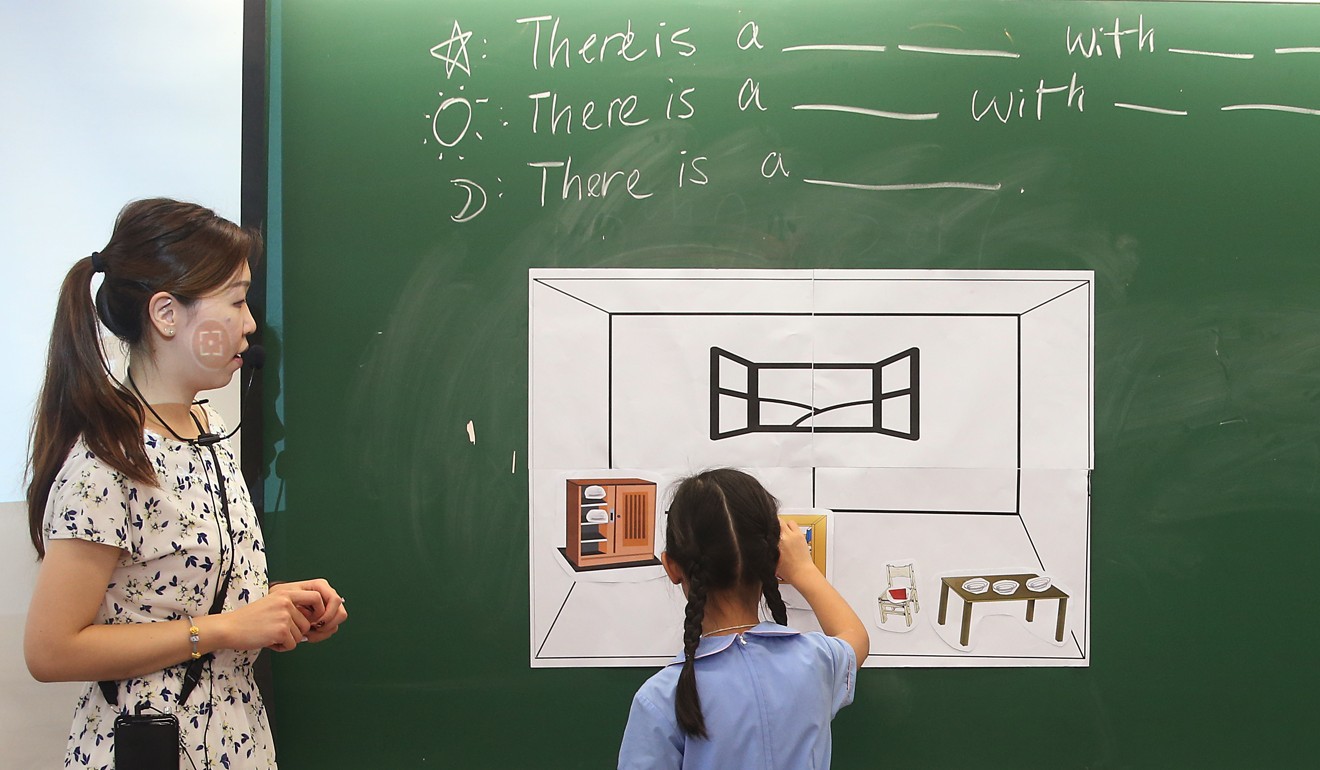
Study highlights extreme stress levels and lack of support for parents of special-needs children in Hong Kong
Advocacy group Special Educational Needs Rights Association calls on government to improve availability of resources after finding just one-third of welfare centres in city caters for needs of parents
Parents with special-needs children are under tremendous emotional and mental strain but have much fewer outlets for help, according to an advocacy group calling for more government resources to fill the gap.
A study conducted by the Special Educational Needs (SEN) Rights Association’s earlier this year found only one-third – or 69 – of 219 welfare centres across the city offer help to parents with special-needs children, such as support groups, talks and outdoor activities.
“A previous study the association did showed 80 per cent of parents suffered mild to severe levels of stress. Caregivers are under tremendous pressure, and there was also a tragedy in March when a 6-year-old kid with ADHD was allegedly strangled by his grandmother,” Dr Shirley Hung Suet-lin, of Baptist University, said.

Hung, of the Social Development Practice and Research Centre that co-conducted the study, said parents actually needed more professional help, and guidance on who to turn to for resources.
“Social workers can provide both emotional support and actual guidance to them, including guiding them through the basics about raising special-needs children, and giving them insights into governmental support and the resources [that are] available,” Hung said.
Lawmaker Fernando Cheung Chiu-hung called the lack of support for parents “a blind spot” in the policymaking process.
“Most of the times, we think giving extra support to special needs children in school solves the problem, but we have actually overlooked the bigger need,” he said. “There are some cases where parents often argue among themselves about how to raise the kids or some parents deny the fact that their kids have these needs.
Extra funds help Hong Kong schools cater to pupils with special needs
“It often leads to family conflicts and problems. It would be a mistake … if we neglect the needs of families.”
Cheung suggested the government ensure each family with special-needs children be assigned a caseworker who help with “changing needs as the kids grow older”.
According to the Education Bureau, there were more than 53,000 school-age children of diagnosed as having special needs, including attention deficit and hyperactivity disorder (ADHD), autism or physical disabilities. Most studied in mainstream schools, with just 7,896 in special education schools.
As an example, more than 10 per cent of the 630 pupils who attend G.C.C.I.T.K.D. Cheong Wong Wai Primary School in Sha Tin have special educational needs.
For special needs children younger than six, the Social Welfare Department subsidises non-governmental agencies to run social services for them.
Only 287 public places to provide 46,000 special-needs children with vital therapy
The study revealed that, in April, the government advised some publicly-funded children and youth centres, which decide how to spend their money based on the needs of the districts they are in, to pay greater attention to certain groups of youngsters, by setting aside 10 per cent of resources for special-needs children or members of ethnic minorities.
Connie Chan, whose 10-year-old son has ADHD, said she was struggling to find sufficient activities around Kwai Tsing, where she lives, for her son to take part in.
She also wanted access to resources that could help her understand her son’s condition, and an outlet for her to express her concerns.
“Most parents don’t understand what I am going through, and they often just criticised me for not trying harder for my son,” she said.
Hong Kong is still failing ADHD and other special-needs children
“Even then, sometimes, other parents with special needs kids might be as judgemental. Our kids just display different syndromes and they simply do not understand.”
The association wants the government to ensure all of the city’s 18 districts has social workers and therapists who can help special needs families in the area.
Rio Chan Hin-ting, a social worker at the ELCHK Login Club for New Arrivals in Kwai Chung, which works with special-needs children and new migrants, said there should also be “tailor-made” support for parents.
“The needs of families would depend on the child’s condition,” he said.
